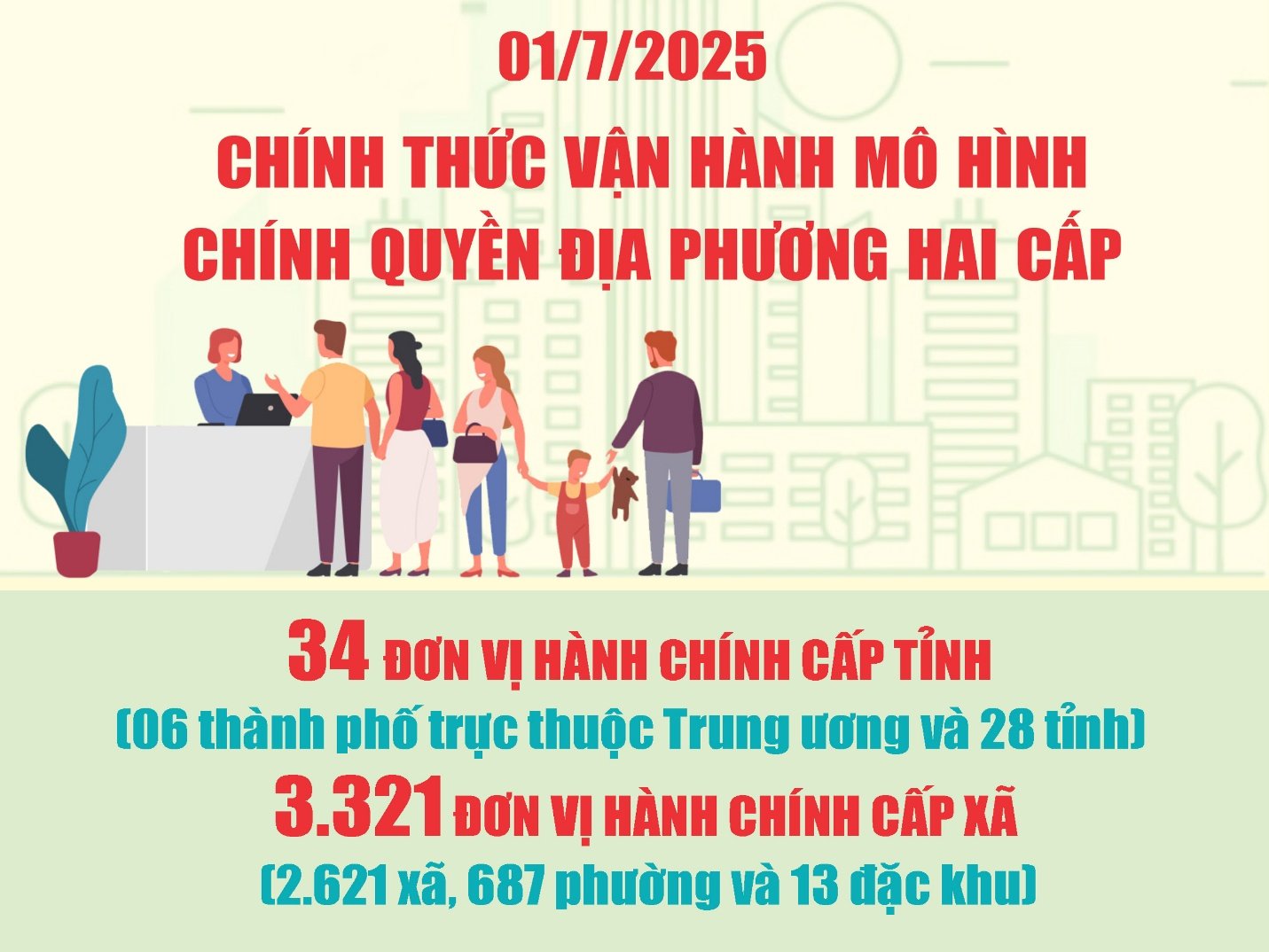
When implementing a two-tier government model, the organizational structure, task hierarchy and administrative boundaries may change, which requires the information system to be adjusted promptly to avoid fragmented data and "falling" records between departments. Therefore, standardizing data, synchronizing unit trees, and integrating APIs between internal software systems and the national database are fundamental steps. The document guiding the implementation of Plan No. 02-KH/BCĐTW clearly stated the requirements to review, upgrade software, and adjust the database to suit the new organizational model, while connecting and synchronizing with national APIs.
In modern administration, documents are no longer simply paper documents, electronic documents and official emails have become the main means of conveying instructions, assigning tasks and storing records. Upgrading the provincial electronic document system, connecting with the national document portal helps ensure legality, traceability, and reduce processing time. Along with that, the official email system is standardized in terms of account management, authorization, storage and security, helping officials operate smoothly in the digital environment.
Experience during the pandemic has proven that online meetings are an effective tool in state administration. However, for online meetings to become an official and safe management channel, it is necessary to upgrade the meeting platform to meet information security standards, the ability to store minutes, record, and integrate with the electronic document system for acceptance and assignment of tasks right in the meeting. Many localities have begun to standardize video conferencing infrastructure, build regulations for organizing online meetings compatible with legal regulations to ensure transparency and accountability.
Management of civil servants and public employees is a key content. For the two-level model to operate correctly, the Ministry of Home Affairs has directed the implementation of the National Database on Civil Servants and Public Employees according to the new organizational model, requiring management software at ministries, branches and localities to update, digitally sign records and synchronize data according to standard API. This is to ensure that all changes in positions, tasks, contracts and evaluation results are promptly reflected on the shared database, serving the work of mobilization, rotation and evaluation of public service performance.

The Ministry of Home Affairs has completed the construction of the National Database on Civil Servants and Public Employees.
As the system is upgraded and standardized, local governments will see three distinct impacts: (1) Increased speed of work processing as documents and records circulate electronically; (2) Improved transparency and accountability through traceability and public progress history; (3) Improved citizen and business experience with less paperwork and faster results delivered via electronic platforms. These results are proof that technology, when well-governed, can truly serve people rather than be an administrative burden.
The path to standardization is not without challenges: Telecommunications infrastructure in remote areas is still limited; old software, unstandardized data; different technological capabilities of grassroots teams; absolute safety and security requirements must be guaranteed. To overcome these challenges, it is necessary to focus on: (i) Investing in shared infrastructure and cloud platforms; (ii) standardizing data, deploying standard APIs and data maps; (iii) training and transforming staff capacity; (iv) perfecting the legal framework for data storage, sharing and protection.
Upgrading and standardizing the information system serving the administration of two levels of government is not only the work of the technology apparatus, but also the commitment of the entire political system to the people and businesses: Commitment to ensure continuous, transparent, responsible and effective operations. When documents, online meetings, emails and staff data are standardized and interconnected, the government will not only "operate" but also "serve" more professionally.
Source: https://mst.gov.vn/chuan-hoa-he-thong-thong-tin-nen-tang-ben-vung-cho-chinh-quyen-dia-phuong-hai-cap-19725101215075674.htm







![[Photo] Solemn opening of the 1st Government Party Congress](https://vphoto.vietnam.vn/thumb/1200x675/vietnam/resource/IMAGE/2025/10/13/1760337945186_ndo_br_img-0787-jpg.webp)




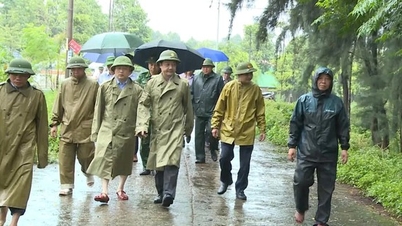

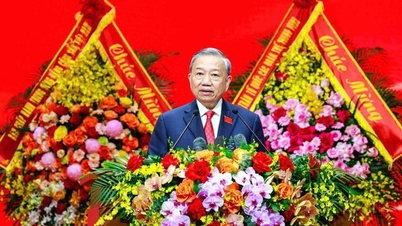





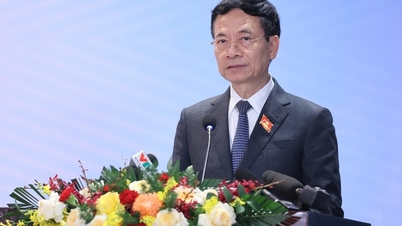
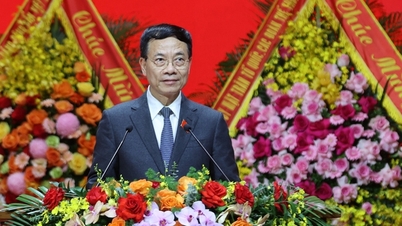
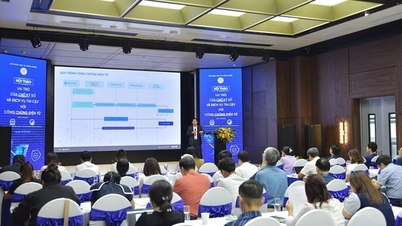
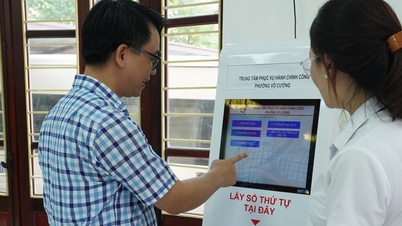

![[Photo] General Secretary To Lam attends the opening of the 1st Government Party Congress](https://vphoto.vietnam.vn/thumb/1200x675/vietnam/resource/IMAGE/2025/10/13/1760321055249_ndo_br_cover-9284-jpg.webp)

































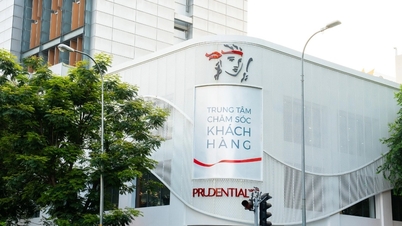













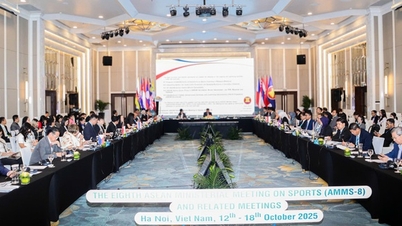






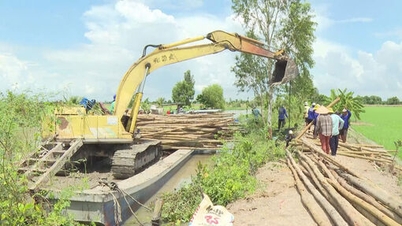


















Comment (0)